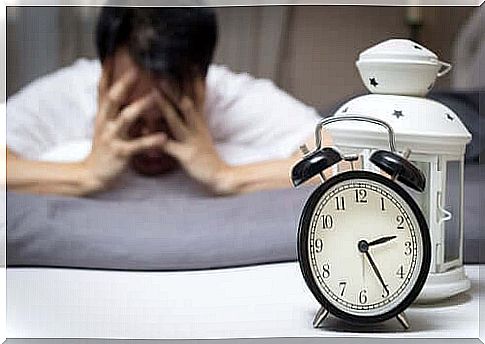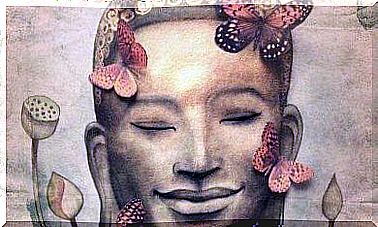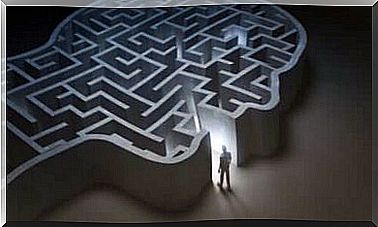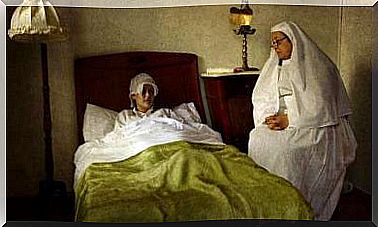Pharmacological Treatment Of Insomnia

Insomnia is one of the most common disorders. It affects a large part of the population, of different ages and conditions. Therefore, there is a need to study and understand the pharmacological treatment of insomnia, as well as other alternatives that currently exist to combat it.
Insomnia can be defined as the difficulty in initiating and/or maintaining sleep. Sometimes it is a condition that is related to other organic diseases or psychological or psychiatric problems. Other times, it appears alone, with no apparent cause.
Some symptoms that we can encompass in the term ‘insomnia ‘ are as follows:
- Difficulty falling asleep.
- Low quality and unrepairable sleep.
- Short sleep.
- Wake up often.
- Tiredness on waking up.
- Problems during the day related to lack of sleep, such as tiredness, lack of concentration, decreased motivation, headaches, anxiety, etc.
Some expert criteria consider that the duration of these problems has to be approximately one month to diagnose insomnia. However, there are many different classifications and diagnostic criteria vary among them.

About 30% of adults are considered to have insomnia at some stage in their lives. The prevalence of this disorder increases considerably with age and is much higher in women than in men.
There are, in turn, some risk factors that increase the likelihood of suffering from insomnia. Some of them are:
- Mood disorders.
- Chronic diseases.
- Neurodegenerative diseases.
- Chronic headaches.
- Menopause.
Insomnia is a condition that can have significant consequences on the quality of life of patients. In fact, among patients with insomnia, the likelihood of depression and even cardiovascular disease increases.
Types of treatments
In order to be able to establish an adequate treatment for insomnia, it is essential to carry out a good diagnosis and to know what are the causes that provoke and aggravate it. This study is sometimes complicated to carry out, and many tend to abuse the pharmacological treatment of insomnia without much justification.
However, nowadays we have many tools that can help us to diagnose and classify the type of insomnia that each patient suffers in order to apply the treatment that best suits their needs.
In fact, the first step in establishing a treatment for insomnia should always be to identify the underlying causes and disorders that may be causing or influencing this sleep problem.
Initially, treatment should always focus on non-pharmacological measures. This is what we call sleep hygiene. Some recommendations that these measures include are, for example:
- Maintain a sleep routine, with fixed times for going to bed and getting up every day.
- Promote a peaceful environment in the bedroom.
- Avoid drinking stimulant beverages such as caffeine or alcohol.
- Don’t have dinner too late so you don’t have a very full stomach.
- Avoid using electronic devices, such as a cell phone or television, before going to bed.
- Try to apply some relaxation techniques.
- Abolish daytime naps.
Pharmacological treatment of insomnia
In many occasions, sleep hygiene measures are not enough to correct insomnia and it is necessary to resort to pharmacological treatments.
First, a doctor needs to prescribe this type of treatment if necessary. Self-medication for insomnia is dangerous.
There are many different medications used in the pharmacological treatment of insomnia. Among them, we find some therapeutic groups, such as the following:
- Hypnotics:
- Benzodiazepines:
- Short acting: alprazolam, lorazepam.
- Medium acting: lormetazepam, clonazepam.
- Long-acting: bromazepam, chlorazepate.
- Non-benzodiazepine hypnotics such as zolpidem.
- Benzodiazepines:
- Antidepressants.
- Tricyclic antidepressants.
- Trazodone.
- Mirtazapine.
- Anticonvulsants such as gabapentin.
- H1 antihistamines such as doxylamine and diphenhydramine.
- Melatonin and derivatives.
- Valerian and other natural products.

Problems associated with the pharmacological treatment of insomnia
The pharmacological treatment of insomnia, although effective, is not without controversy due, fundamentally, to its secondary effects.
For example, benzodiazepines are often associated with effects such as daytime sedation or rebound insomnia upon discontinuing treatment. Some experts also associate memory problems with its use.
These problems are especially aggravated when there are other underlying pathologies in patients afflicted with insomnia. The situation can be even worse when someone tries to treat insomnia without knowing or modifying the causative agents.
Therefore, in general, it is preferable to start with non-pharmacological treatments, more natural products such as melatonin, or less problematic drugs such as H1 antihistamines.
If it is necessary to resort to benzodiazepine-type hypnotics, those with a short half-life, such as alprazolam or lorazepam, are preferable.
When faced with an insomnia problem, do not hesitate to consult your doctor. He will be able to help you and prescribe the treatment that best suits your case and your needs.









